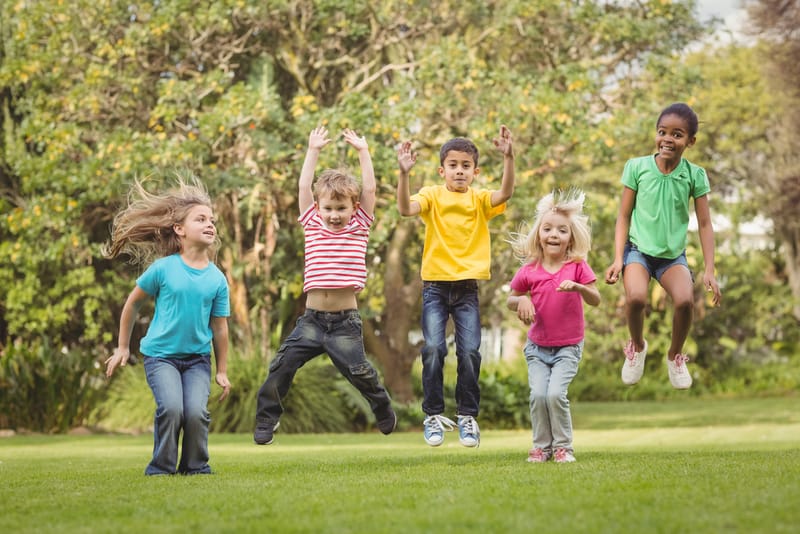MY APPROACH

The benefits of learning another language from a young age
There are numerous benefits of being exposed to a second language early on in life, as recent and ongoing research indicates:
- promotes better cognitive and academic skills
- sparks curiosity in other cultures and expands horizons
- enhances creativity and problem solving abilities
- boosts confidence and self-esteem
Contrary to popular belief, learning a foreign language does not confuse children. My own observations, as an educator and the mum of a bilingual child, have led me to believe that learning a language actually contributes to supporting a child’s linguistic development and growth in his or her native language:
- children who learn a foreign language perform better in their native language
- learning grammatical structures in French helps young learners improve their English grammar skills
- being exposed to a second language can be beneficial to children with speech and language impairments
The Time for French approach
My aim is to provide fun yet structured language classes and clubs for Early Years, Key Stage 1 and Key Stage 2 children, in a nurturing and relaxed environment.
Each child is encouraged to communicate in “real” French - the way it is actually spoken – and to explore the culture of France and francophone countries, whilst enjoying hands-on activities carefully designed to make the experience as authentic as possible.
Organic language learning
Children are immersed in the French language and get maximum exposure to an authentic French accent, by interacting with a French native speaker. By using the target language alongside non-verbal communication (such as gestures, facial expressions, tone of voice) young learners make sense of what they hear in an organic way and acquire French vocabulary and sounds naturally, just as a French-speaking child would.
Movement and multisensory learning
Movement and multisensory learning are paramount to my French sessions for preschoolers and primary school children. Movement, music and literacy involve timing skills, which are also critical in the processing of language sounds. Performing traditional rhymes and action songs, and playing creative games in French help to embed language sounds and increase familiarity with the language. As well as movement, I try to use all the senses (taste, smell, touch, sight, hearing) in my sessions to engage children with the learning material in more than one way. I regularly use textured objects, finger puppets and soft toy animals to help children develop tactile memories as well as auditory and visual ones. For example, when children interact with a soft green elephant toy on a weekly basis, they gradually make connections between the toy and words like ”doux”, “éléphant” and “vert” and retain the vocabulary long term.
Fun and playful learning
Having fun while learning is essential as it helps learners retain information better, which is why one of my prime goals is to instill a joy for language learning with the help of Martin la marionnette tricolore and our resident puppet friends, Camille la Chenille and Elliott l'Éléphant - to name but a few! Children become quickly acquainted with the fact that their soft toy friends speak French and French only, and systematically greet them or interact with them...in French!!
For Pricing and full Terms & Conditions, please contact Marylinetimeforfrench@gmail.com


